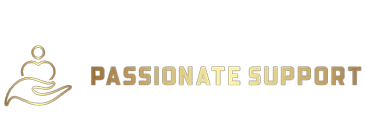Understanding Learning Disabilities: What You Need to Know

Learning disabilities are a common issue that can make it challenging for individuals to learn and process information in the same way as others. While learning disabilities can present a variety of challenges, they can also be managed and overcome with the right support and resources. This article will give you an overview of what learning disabilities are and how to support individuals who have them.
First of all, let's define what learning disabilities are. A learning disability is a neurological condition that affects the way an individual processes , communicates and understands information. There are several different types of learning disabilities, including dyslexia, dyscalculia, and dysgraphia. Learning disabilities can make it difficult for individuals to perform well in school, learn new skills, and achieve their full potential.
It's important to remember that individuals with learning disabilities are just as intelligent as anyone else. However, they may need extra support and resources to help them overcome the challenges they face. There are several different strategies that can be used to support individuals with learning disabilities, including:
- Specialized teaching techniques
- Assistive technology
- Adaptive equipment
- Tutoring
- Support from family and friends
If you know someone with a learning disability, there are several things you can do to support them. Firstly, it's important to be patient and understanding that they have rights, just like everyone.
Secondly, you should encourage them to seek out the support and resources they need to succeed. Finally, you should offer your support and encouragement and be there to offer a helping hand whenever they need it.
In conclusion, learning disabilities can present a variety of challenges, but they can be managed and overcome with the right support and resources. If you know someone with a learning disability, please get in touch with as, and we will work with them to:
- improve communication by breaking it into small 'chunks' so they are understood.
- enable them to understand information and instructions and be supported to make informed decisions.
- empower them and ensure they are engaged in all activities.
-promote and improve their skills.
- promote their independence.
-build their confidence so they feel valuable members of the society.
- observe and respect their human rights and choices.
Contact Us
How Can We Help?
Thank you for your interest in reaching out to us. We value your feedback and are here to help with any questions or concerns you may have. Please fill out the form below and we will respond to you as soon as possible.
